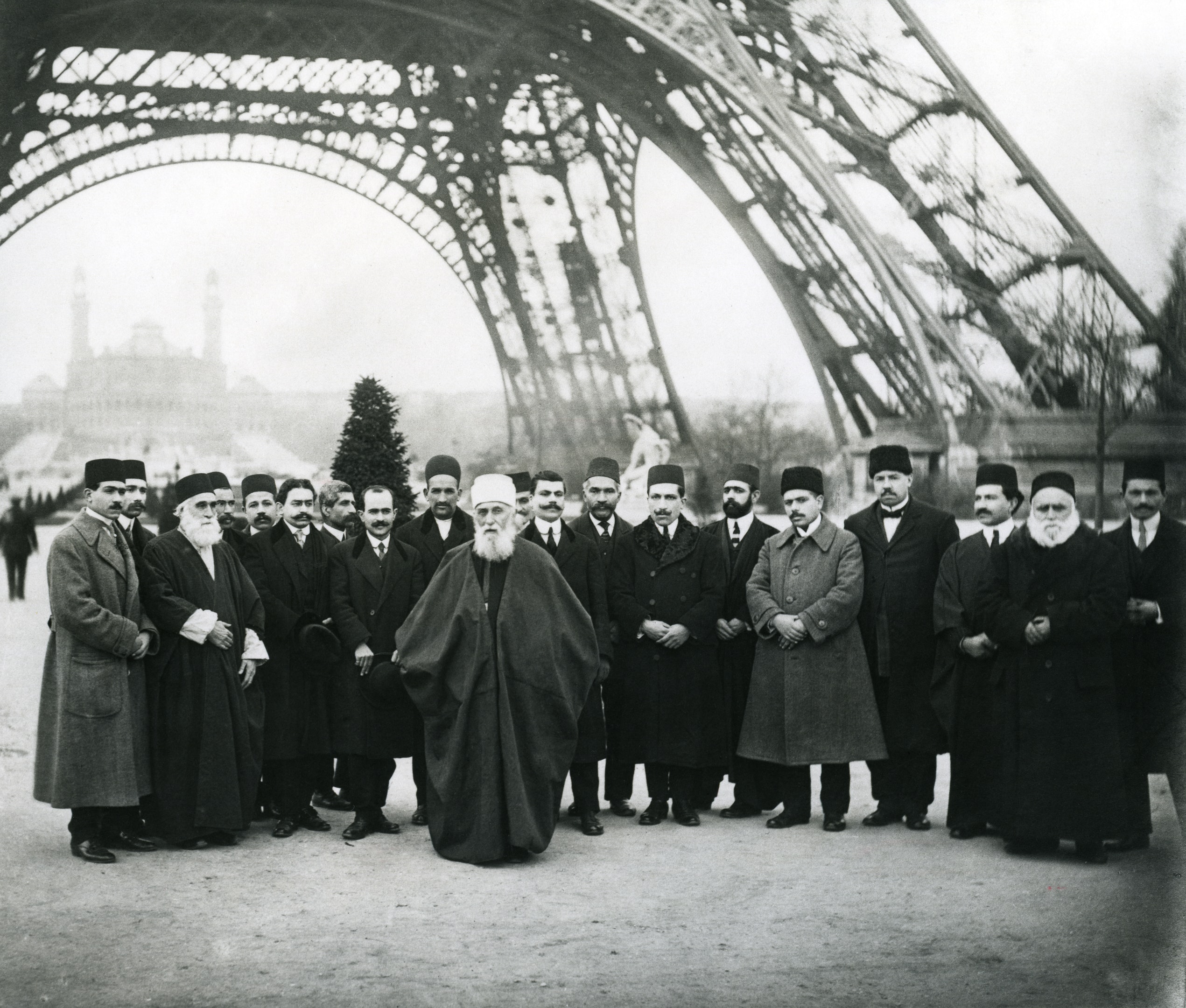Commemorating ‘Abdu’l-Bahá, 1844–1921
November 27 this year marks the centenary of the passing of ‘Abdu’l-Bahá, who was responsible for leading the Bahá’í Faith after the passing in 1892 of his father, Bahá’u’lláh (the prophet-founder of the Faith). In Aotearoa, as in other countries, preparations are underway to commemorate the occasion in a range of activities that reflect on ‘Abdu’l-Bahá’s example and explore his insights on meeting the challenges of the present time.
As the Bahá’í Faith began less than 200 years ago, its charismatic founding figures seem very near to today’s followers. The Bahá’í community in New Zealand traces its beginning to 1911–1912 when Miss Margaret Beverage Stevenson, of Auckland, read talks ‘Abdu’l-Bahá had given in London, which were published in The Christian Commonwealth. A little later, Margaret received a house guest, Miss Dorothea Spinney, who related her personal experience of meeting ‘Abdu’l-Bahá in London. As a result of what she learned, Margaret decided to identify herself as a Bahá’í, and gradually joined by others, she remained a committed and active follower until she passed away on 11 February 1941.
U.S. historian Kathryn Jewett Hogenson writes: “Ultimately, the goal of the Bahá’í Faith is to bring about a universal recognition that we are all one people—with the profound implications that carries through all areas of life, requiring no less than a restructuring of society. ‘Abdu’l-Bahá through His words and actions pointed out the way to promote this most essential of all truths, and a clear thread can be seen from His contributions to peace to the efforts of the Bahá’í community since.”
The Bahá’í community in New Zealand has earned a reputation for making consistent and coherent contributions to racial and religious harmony and presents a distinctive model of community functioning based on spiritual principles. A few resources that may be of interest to those interested in the Faith’s emergence are:
- “The Bahá’í Faith” website, “Bibliography of Recommended Reading: A recommended reading list of selections and analysis of ‘Abdu’l-Bahá’s Writings in English, as well as historical and narrative accounts of His life and mission.”
- “The Bahá’í World” website, “The Mystery of God” (a special collection of essays),
- Camrass, Joan, Resolute Advance: A History of the Bahá’í Faith in New Zealand 1912-2001, Viking (Penguin), Auckland, 2001
Or find out more here:

‘Abdu’l-Bahá with a group of Bahá’ís under the Eiffel Tower in Paris, France, January 1913
Two booklets are available as PDFs for downloading.
‘Abdu’l-Bahá: The Perfect Exemplar
Richly illustrated with historical photographs, this elegant booklet tells the story of ‘Abdu’l-Bahá’s life and service to humanity, and the shining legacy He has left. It describes His role as “Perfect Exemplar” of Bahá’u’lláh’s Teachings and the Centre of His Covenant. It recounts His travels to the West, His humanitarian efforts during the First World War, and many other remarkable achievements. It concludes with a selection of inspiring quotations from His Writings.
Tirelessly He Gives
Those whose lives had been touched by meeting ‘Abdu’l-Bahá could speak of Him only with wonderment. The stories they told of His transformative effect on them are legion, a small sample of which are gathered in this booklet as a token in commemoration of the centenary of His passing in 1921.
